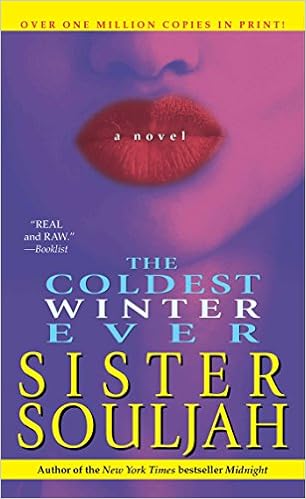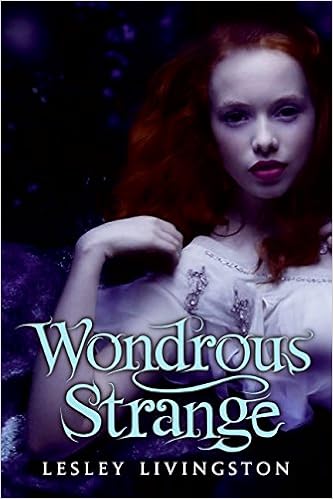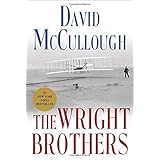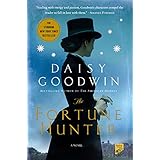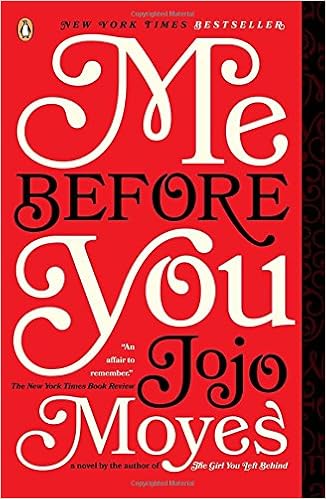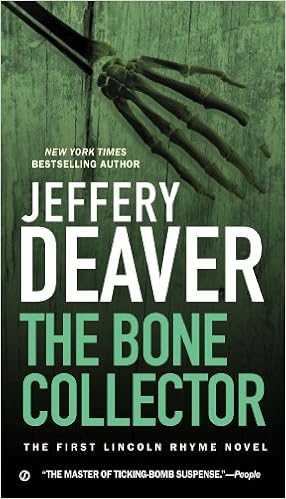As a child, some of my favorites were books by Beverly
Cleary and Judy Blume, the Little House on the Prairie Series and Nancy
Drew. I went straight from reading
children’s books to adult books. I guess
there must have been some YA literature at the time but not much. In middle school, I read a bunch of
historical fiction I found in my mom’s room when I was in middle school
including Sophie’s Choice, all of Stephen King that had been published (mid-80’s)
and read some really terrible V.C. Andrews, Sidney Sheldon, Mary Higgins Clark,
Danielle Steele, etc. (recommendations
of my 8th grade English teacher!!!).
I am not insulting these books, they are good escapist reading, but not
what I would expect an English teacher to suggest to a middle school student. When I got to high school, I started going to
the bookstore all the time and spending all my money there—I actually worked
there for a while after college. My
reading became more broad primarily because I started reading award-winning
books that were displayed and became friends with others who knew more about
books than I did. Sadly, I rarely used
the library at this point in my life. It
wasn’t until later in life that I developed a love for libraries. I went to the library when I was little but
as I got older, I only went when I had an assignment I had to research. The librarians were really mean and would
always give us dirty looks. They were
really intimidating! So, I just stopped
going there. Later, I went to a fairly
literary college and majored in English and Philosophy so this also greatly
improved my reading exposure and experiences.
As a reader, one of the main differences between my
childhood and now is the accessibility of books and ways to keep up to date
with what is being published. People
today take for granted the daily recommendations they get based on their Amazon
purchases and book lists you can pull up in seconds. Not to mention, the software available
through the library. It is a lot easier
than relying on a personal recommendation from someone who doesn’t care about
your tastes. With Amazon prime, I can
get a physical book delivered in 2 days or less (although I rarely do). The rise of Amazon, made a huge difference in
the way I bought books and how often I bought them. With my kindle came the immediate
accessibility of e-books. If I need a
book, I can find one in seconds. I no
longer need to keep a hoard of books at home in case I finish my last one and
find myself without a book—I still do this anyway!! I also listen to audiobooks frequently now
that I can easily download to my phone.
It was always a hassle to deal with tapes and cd’s which were sometimes
damaged and I would only listen when I was going on car trips. Another big difference is the decline of the
bookstore.
It’s hard to imagine what changes will happen in reading,
books and publishing in twenty years. Di
Leo finds the printed book anachronistic.
He states that “academe must transform itself from a fundamentally print
culture to one that is fundamentally digital” (Germano,W., Di Leo, J., &
Wachtell, D., 2010). Personally, I like
reading digital books for pleasure; however, I find it much easier to read
school materials in printed form. I do
read the articles digitally but I prefer print so I can take notes in the book
and highlight. I have always “defaced”
my textbooks and find it much easier to learn when I can write in the
margins. Interestingly, I don’t think
this is only because I am older. I have
read studies that college students prefer print as well. When I take notes and highlight in books, I
can flip through the entire book and easily see the item I am looking for. Further, when discussing or analyzing a book,
it is easy to flip through a book and see in context the exact passage I am
looking for. I know there are tools to
do these things with digital books, but I just don’t like it. In the future, I imagine digital academic
books having places where you can use a stylus pen to scribble things in the margins
as you page through, these notes will then be compiled in a list and be searchable. I would find this very helpful!
I think people will continue to read for pleasure in the
future, although I do think the explosion of tv shows and the binge-watching obsession
eats into people’s reading time (and video games). I hope that this is only a current trend and
that it will wane. The many popular
titles in the YA area are building future adult readers who will pass their
love of reading onto the next generation—I hope! I do imagine reading being
interactive—I think some really neat things could be done with graphic novels
or a novel like The House of Leaves. Le Guin states: “In its silence, a book is a challenge…It won’t
move your mind unless you give it your mind, or your heart unless you put your
heart in it” (Le Guin 2008 ). I hope in
the future, we continue to give our minds and our hearts to reading because it
is a pathway to understanding, empathy and knowledge.
Resources
Germano, W., DiLeo, J. & Wachtell, D. (2010, October
1). Fate
of the Book. The Chronicle Review.
Le Guin, U.K. (2008, February). Staying Awake: notes on the alleged decline
of reading. Harper’s Magazine, 316 (1893).
